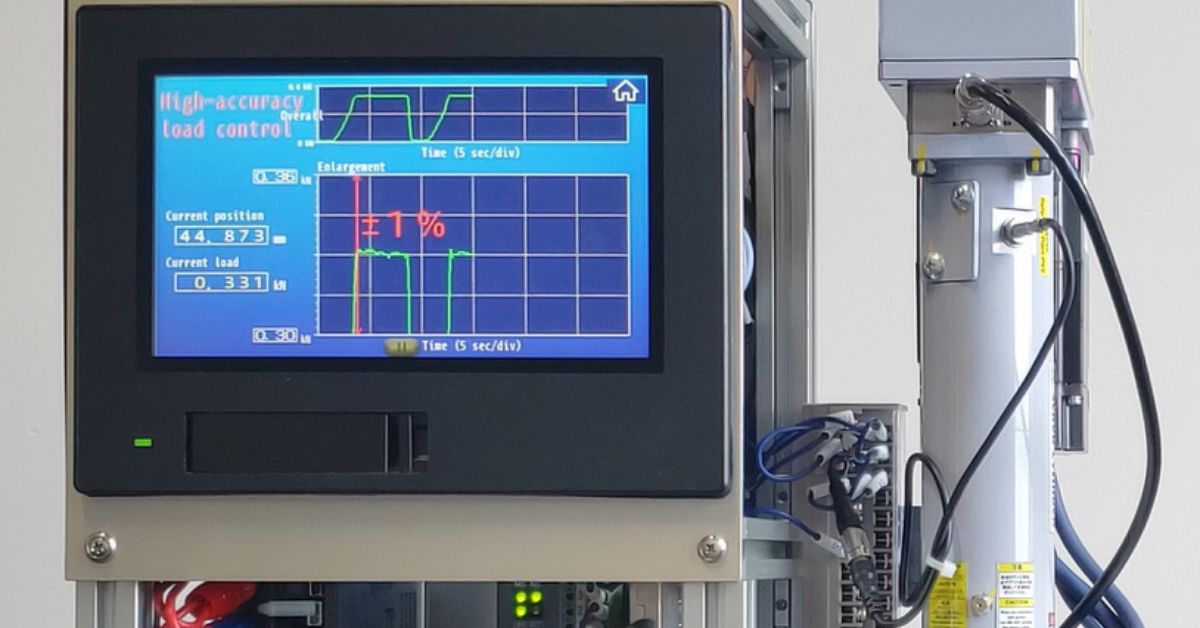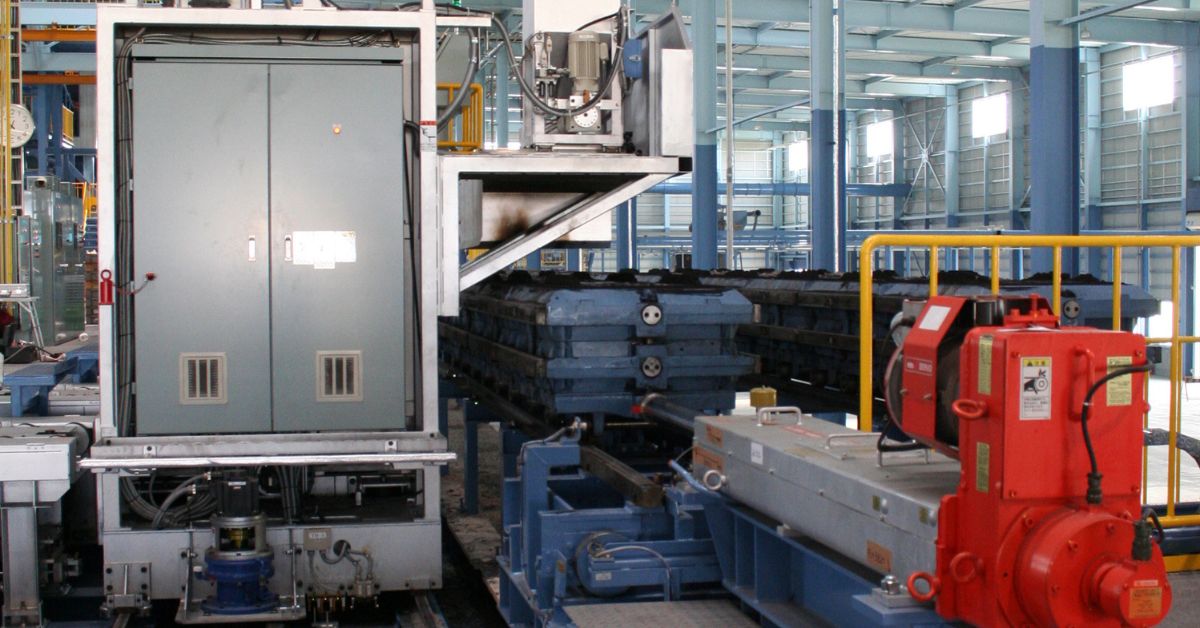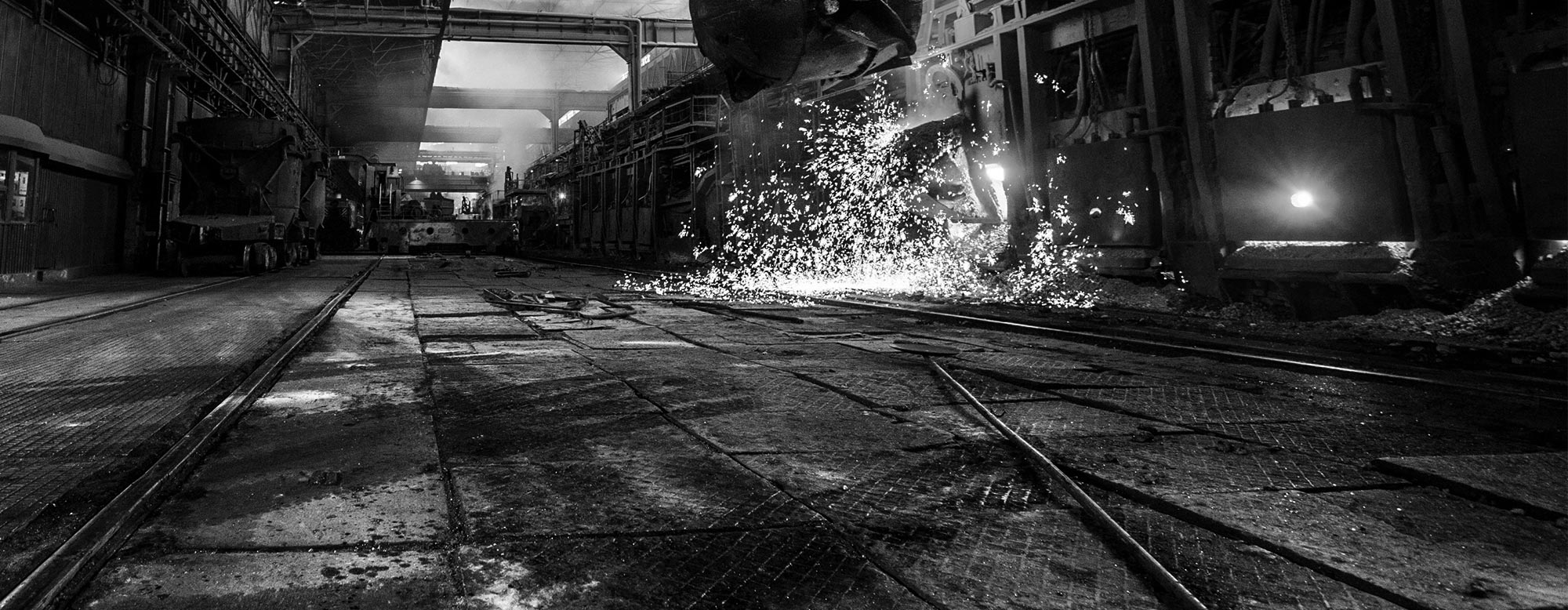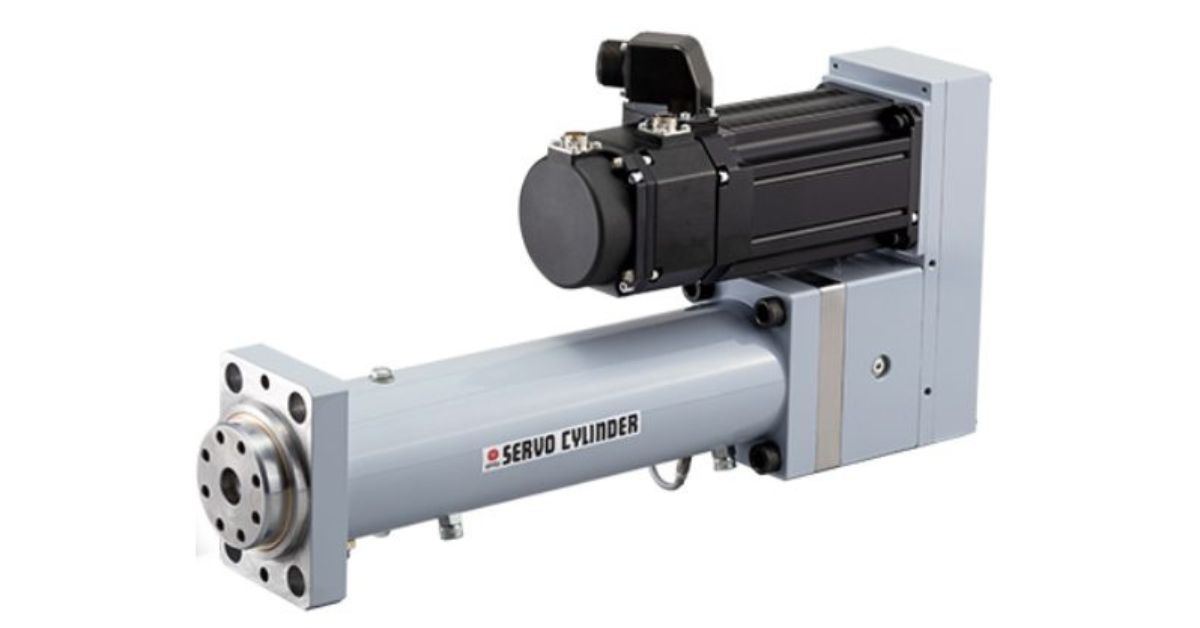Why Electric Actuators Are Environmentally Sustainable
Electric actuators are becoming increasingly popular in various industries due to their efficiency and environmental benefits. Read on to learn all the reasons why electric actuators are environmentally sustainable.
Energy Efficiency
Electric actuators are highly energy-efficient compared to their pneumatic and hydraulic counterparts. They convert electrical energy directly into mechanical motion with minimal loss, which means they require less power to operate. This efficiency reduces the demand on power plants, which often burn fossil fuels, thereby decreasing overall carbon emissions. Additionally, the precision control of electric actuators allows for more accurate operations, minimizing energy waste during idle times and reducing overall consumption.
Reduced Oil Use
Unlike hydraulic actuators, electric actuators do not require oil to function, eliminating the risk of oil leaks that can lead to soil and water contamination. Hydraulic fluid leaks are a common environmental hazard associated with traditional actuating systems, posing risks to wildlife and ecosystems. Industries can significantly reduce their environmental impact and avoid the costs and liabilities associated with hydraulic fluid cleanup and disposal by using electric actuators.
Lower Emissions
Electric actuators contribute to lower greenhouse gas emissions. Since they do not require combustion to operate, they do not emit any direct greenhouse gases, unlike systems that rely on diesel or other fossil fuels. Therefore, electric actuators are an ideal choice for companies aiming to meet strict environmental regulations and reduce their carbon footprint, particularly in sectors like manufacturing and transportation.
Noise Pollution Reduction
Electric actuators operate much more quietly than pneumatic or hydraulic systems, which often produce significant noise during operation. Noise pollution is a serious environmental concern, affecting wildlife and the health and well-being of people working in industrial environments. Electric actuators contribute to a more sustainable and pleasant working environment by reducing noise levels.
Durability and Longevity
Electric actuators’ durability also contributes to their sustainability. These devices have fewer moving parts than hydraulic and pneumatic systems, which reduces the likelihood of breakdowns and extends their operational life. Longer-lasting equipment means less frequent replacements, reducing the waste associated with disposing of old equipment and manufacturing new products.
Recycling and Disposal
You can more easily recycle electric actuators than hydraulic and pneumatic systems because they contain fewer hazardous materials. You can recycle many parts of an electric actuator at the end of their lifecycles, including metals and electronics. The recyclability of electric actuators reduces the amount of waste sent to landfills and allows for the recovery of valuable materials, further decreasing the environmental impact.
Adaptability to Renewable Energy
Renewable energy sources, such as solar or wind power, can directly power electric actuators, aligning with global shifts toward sustainable energy solutions. This adaptability enhances their environmental benefits as it allows for a reduction in reliance on non-renewable energy sources and promotes a greener production cycle.

Maintenance Requirements
Electric actuators generally require lower maintenance requirements than hydraulic or pneumatic systems, resulting in fewer maintenance resources and less frequent service activities, which often have associated environmental impacts.
Lubricating moving parts according to the manufacturer’s specifications is also essential, although this maintenance requirement can occur less frequently than in systems with more intensive mechanical movement like hydraulic actuators. More frequent checks and protective measures may be necessary to guard against environmental damage for actuators used in harsh environments, such as those exposed to high temperatures or corrosive substances.
Smart Technology Integration
Electric actuators easily integrate with modern smart technologies, allowing for better monitoring and control of energy usage. This integration can optimize operational efficiency and further reduce energy consumption by ensuring the actuators operate only when necessary and under optimal conditions, thus conserving energy.
Precision and Waste Reduction
The high level of precision and control offered by electric actuators leads to less material waste in manufacturing processes. Better accuracy means fewer errors and adjustments during production, which translates into higher-quality products with less scrap material—saving resources and reducing the environmental impact associated with waste disposal.
Minimal Heat Generation
Electric actuators generate less heat compared to hydraulic systems, which often require energy-intensive cooling processes to maintain safe operating temperatures. Electric actuators decrease overall energy consumption and improve efficiency in facilities by reducing the need for cooling, contributing to lower operational costs and environmental impact.
Support for Lightweight Design
The electric actuator’s compact and lightweight design is particularly beneficial in the automotive and aerospace industries, where reduced weight can lead to significant improvements in fuel efficiency and lower emissions during the use phase of vehicles and aircraft.

Environmental Compliance
The adoption of electric actuators positions companies to better meet stringent environmental standards set by governments worldwide. Electric actuators offer a strategic advantage as regulations become increasingly rigorous, particularly concerning emissions and energy efficiency. These devices produce no direct emissions and significantly reduce overall energy consumption.
This compliance is crucial for companies aiming to avoid hefty fines and potential operational restrictions. In addition, companies that proactively adopt these environmentally friendly technologies often benefit from incentives such as tax breaks, grants, and enhanced corporate reputation, making electric actuators a wise choice for future-proofing business operations.
Cost-Effectiveness Over Time
Although the initial cost of electric actuators may be higher compared to traditional pneumatic or hydraulic systems, the long-term savings are substantial. The high energy efficiency of electric actuators leads to lower electricity costs. Moreover, their minimal maintenance requirements reduce ongoing expenses related to repairs and replacements.
Over the lifespan of the equipment, these factors result in a significantly lower total cost of ownership. Businesses can also mitigate the risk of costly downtimes and lost productivity, which are more common with less reliable hydraulic systems. Investing in electric actuators is not just an environmentally conscious decision but also a financially sound strategy.
The Future of Actuation
As technology progresses, The development of electric cylinders—advanced types of electric actuators—continues to push the boundaries of what’s possible in terms of energy efficiency and environmental sustainability. These devices combine the best features of traditional actuators with enhanced control, efficiency, and adaptability, making them ideal for future-focused industries looking to minimize their environmental impact.
Now that you know why electric actuators are environmentally sustainable, it’s clear that their benefits extend far beyond simple operational efficiency. Electric actuators represent a forward-thinking solution for modern industrial challenges, whether through reduced emissions, integration with renewable energy, or enhanced recyclability.

